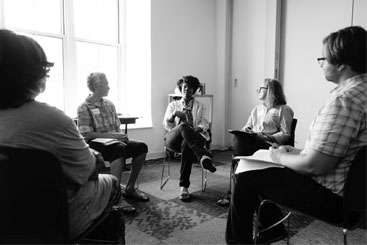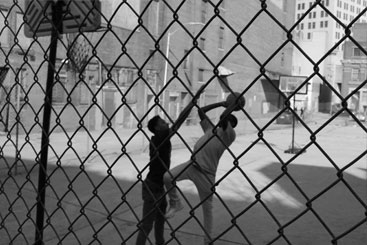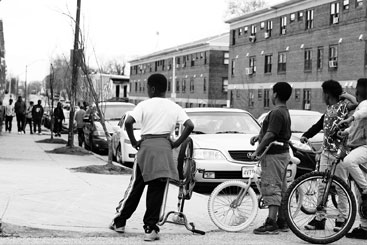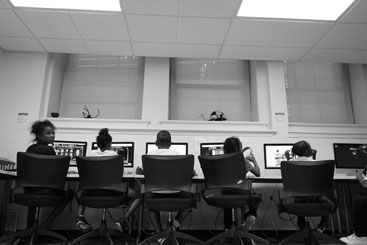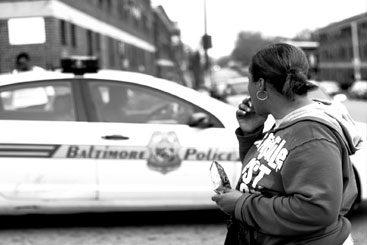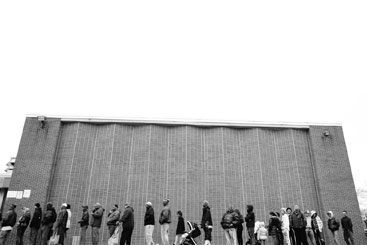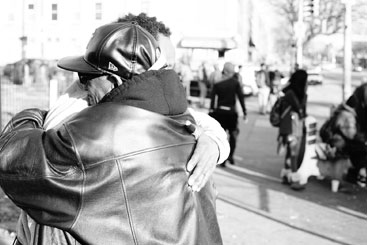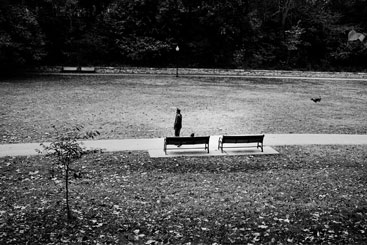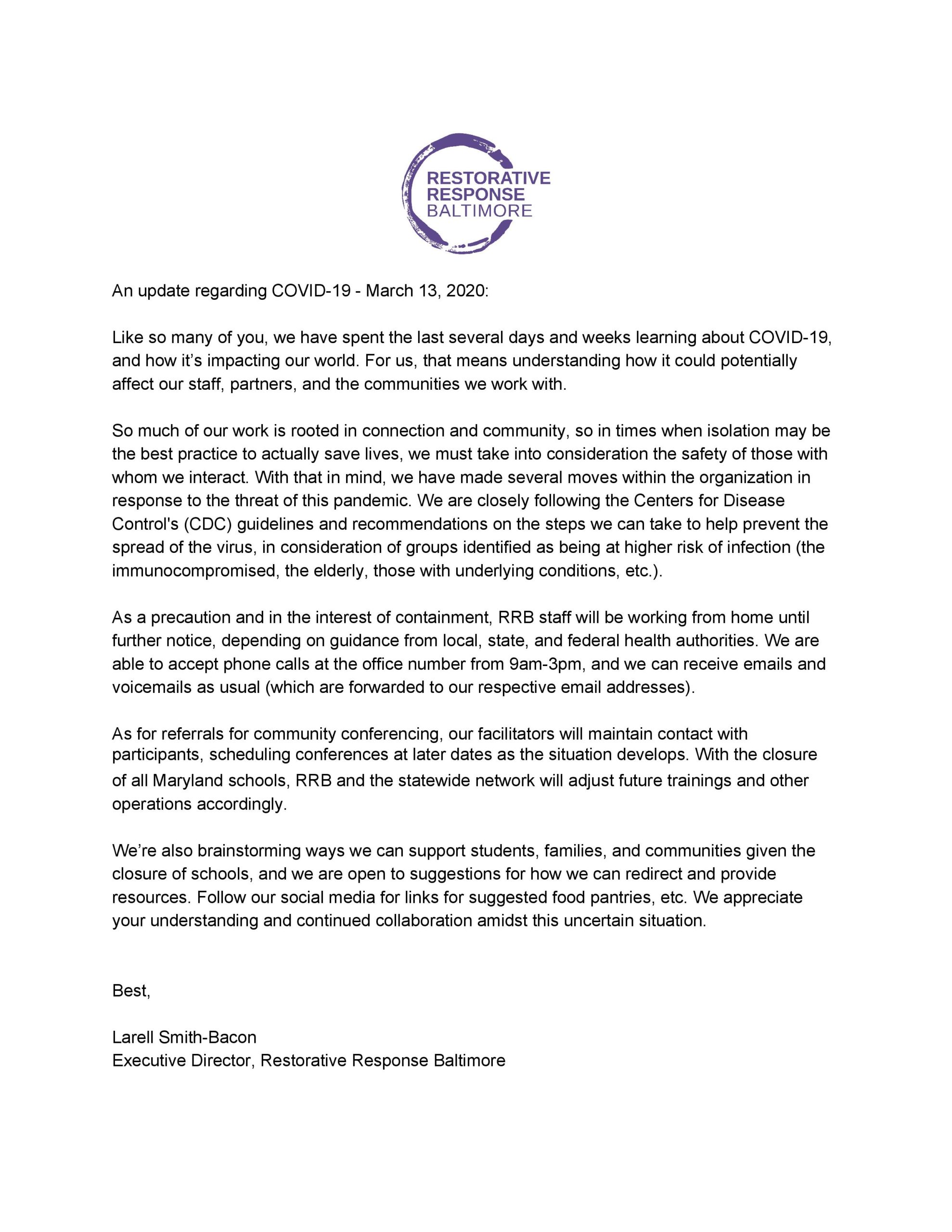The RRB team will be taking a week of rest from June 26th through June 30th. We are using this time for self-care, restoration, and to show up for our loved ones and respective communities as we prepare to continue our planning over the summer for the school year to come.
We acknowledge the privilege and power we hold in being able to take this space and time for ourselves, and we know that many have been impacted by the pandemic and other systemic factors, or are otherwise unable to organize in this way. We strive for this sort of restorative culture to become the norm for both like-minded organizations and other workplaces and communities alike.
And as the school year draws to a close next week, the staff, volunteers, and board of RRB want to shout out this year’s graduates, students, families, caregivers, educators, and staff for all their work during what has been a challenging school year for many communities. We’ve all seen a push to further criminalize Black youth in Baltimore City, even as our kids continue to live with trauma and violence, both interpersonal and structural. We believe that the wisdom is in the community, and that part of that wisdom is that we keep us safe. And that includes our children.
Even during the summer, you can refer conflicts among youth and adults to us for community conferencing and dialogue circles using the “Refer A Conflict” section of our website.
And we’re sending a special thank you to our partner schools Dorothy I. Height Elementary School, The Belair-Edison School, and Baltimore School for the Arts for your support and collaboration. Circles, coaching, and training with your students, staff, and broader school communities have been a key part of our work this year.
We look forward to planning and collaborating with everyone this summer and working with you next school year to both proactively and reactively resolve conflict, repair harm, and build community. And we wish the best of luck to the Class of 2023. We’re all so proud of you and eager to see where you’re headed!
If there’s anything urgent while we’re out, please email info@restorativeresponse.org, and we will get back to you as soon as we return. Thank you!
-The team at RRB

